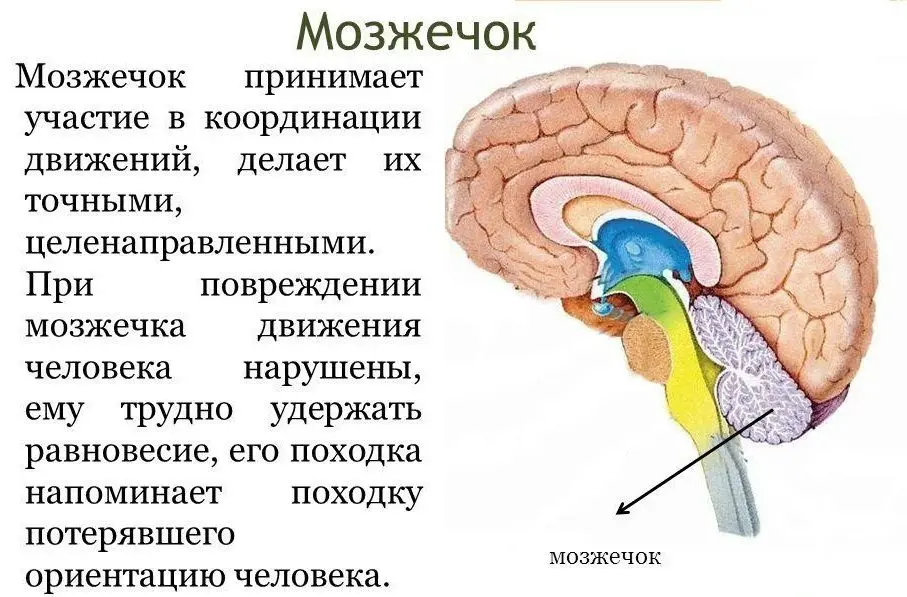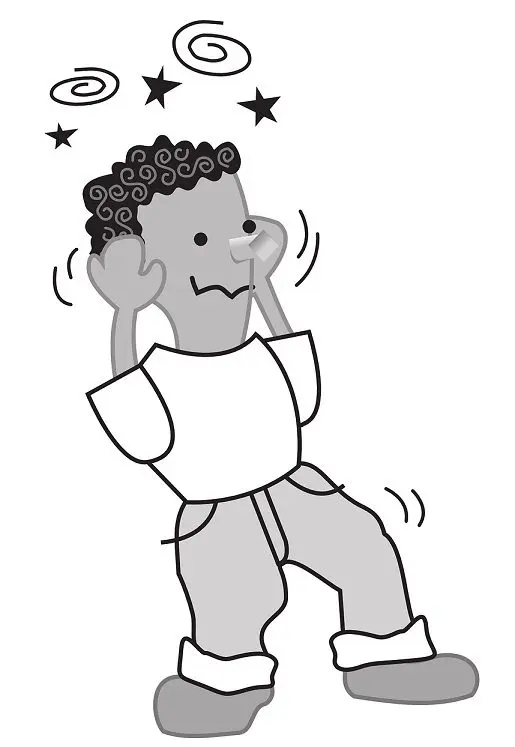Alcohol acts on the nervous system as a depressant. In small amounts, it suppresses brain activity, which causes a pleasant feeling of relaxation and euphoria. With an increase in the amount of alcohol, certain areas of the brain are affected, the work of receptors and mediator systems is disrupted. The result is dizziness, disorientation in space, impaired coordination. Next, we’ll figure out why alcohol affects the brain so much and how quickly everything returns to normal.
Alcohol and coordination of movements
A staggering gait is one of the well-known signs of alcohol intoxication. Experiments have repeatedly proven that even a small amount of alcohol makes it difficult to perform operations where accuracy and speed are needed. That is why in a number of countries, including Russia, the permissible amount of ethanol in the blood is reduced to the minimum values.
Scientists associate motor dysfunction with the effect of alcohol on the cerebellum, where the center responsible for balance, muscle tone and coordination of movements is located.
The cerebellum makes up only a tenth of the brain, but it contains more than half of all neurons in the central nervous system – about 5 billion. The department consists of the so-called worm and two hemispheres, damage to which leads to disruption of the limbs. The consequence of malfunctions in the functioning of the worm is problems with posture, balance, rhythm of speech.

Consciousness is not able to control the cerebellum, its nerve cells interact directly with the spinal cord and brain. Alcohol intoxication leads to disruption of neural connections, the result of which is confusion and problems with coordination of movements. The effect is observed both in long-term addicted to alcohol, and in those who did not calculate the dose and drank too much.
With excessive alcohol consumption, the lower structures of the cerebellum, which coordinate eye movements, suffer. This is especially pronounced when the person’s head is in motion. The visual perception of objects becomes unstable, the world around sways and floats, which often causes falls and injuries. In addition, vision problems are directly related to impaired motor skills of the limbs, since a person is not able to adequately perceive the surrounding space.
Pathological anatomical studies have shown that chronic alcoholics often have degenerative changes in the cerebellum. Most often, the worm suffers, where ethanol simply kills the large nerve cells that make up this section. The phenomenon is typical for elderly alcoholics with at least ten years of experience of alcohol dependence – they develop chronic motor disorders, decreased sensitivity of the limbs, inability to perform complex operations. The condition may improve during the period of abstinence, however, in the advanced stage of the disease, it is extremely difficult to reverse structural changes.
How long does it take for the brain to fully recover?
In 2016, scientists from the British University of Bath decided to find out how long it takes for brain cells to fully recover from alcohol. The researchers came to disappointing conclusions – the negative effect of alcohol can continue even when ethanol in the blood is no longer detected.

Among the cognitive disorders observed:
- poor concentration;
- difficulty maintaining attention;
- memory impairment;
- increase in reaction time.
The duration of the state is directly related to the amount of alcohol taken. Even at low doses, the brain takes days to restore its functions.
In the case of chronic alcohol abuse, it is possible to achieve a visible improvement after at least six months, subject to complete abstinence, cognitive training and the use of antipsychotics.









